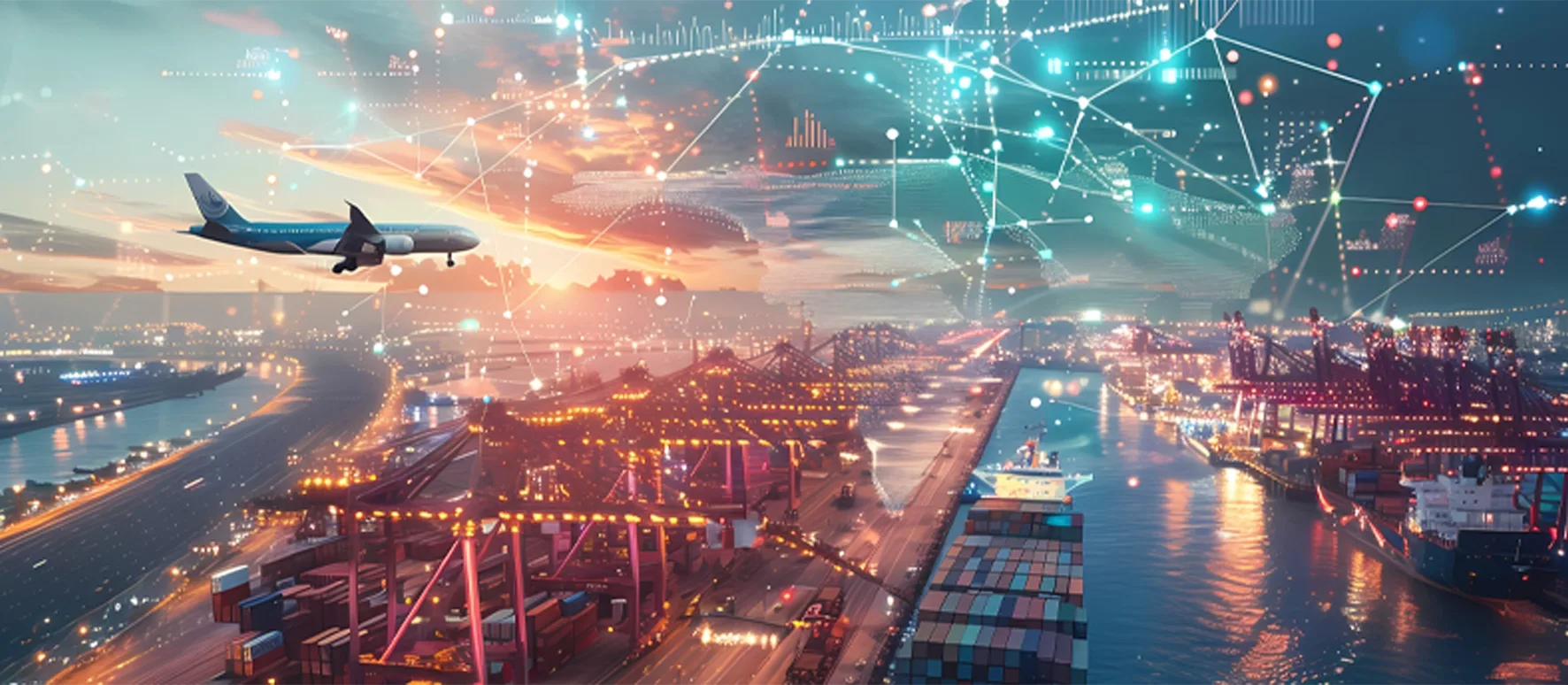The rules of supply chain success are shifting. What was once a straightforward cycle of sourcing, producing, delivering, and discarding is no longer viable. Traditional supply chains are struggling with rising costs, increasing waste, and changing consumer expectations. In today’s world, waste is not just a problem; it is a costly one.
That is why forward-thinking businesses are embracing a smarter model: the circular supply chain.
It’s not just about being environmentally friendly; it is about being resilient, profitable, and ready for the future. With strategies like asset recovery and product reuse, a circular approach is helping companies cut costs, boost ESG compliance, and gain a competitive edge.
So, what exactly is a circular supply chain, and how can your business start benefiting from it? Let’s dive in.
What Is a Circular Supply Chain?
A circular supply chain is all about keeping resources in use for as long as possible by creating a loop where products are reused, refurbished, recycled, and recovered. Instead of the old “take-make-dispose” approach, it focuses on sustainability and maximizing the life cycle of materials and products.
Here’s how it looks in practice:
- Returned products get inspected, repaired, and resold instead of being thrown out or written off.
- Outdated or excess inventory is refurbished and brought back into the supply chain, rather than sitting unused or being sold off.
- Used parts and equipment are recovered, reconditioned, and reused, cutting down on the need for new raw materials.
- Packaging and components are designed with future reuse or recyclability in mind.
But a circular supply chain isn’t just about going green it is a smart, strategic response to rising material costs, global disruptions, and mounting ESG demands. It helps businesses stay competitive, resilient, and future-ready.
By rethinking how products flow through their lifecycle, companies can unlock new sources of value, reduce their environmental impact, and build a supply chain that is more profitable and future-proof.
Why Circular Supply Chains Are the Future
Shifting to a circular model is becoming a business imperative. Here’s why:
1. Rising ESG and Regulatory Pressure
Governments and industry regulators are increasingly mandating environmental responsibility. From carbon reporting to right-to-repair laws, traditional supply chains are facing more scrutiny than ever. Companies that can demonstrate circularity, through recycling, refurbishment, and reduced waste, are better positioned to meet compliance requirements and secure eco-conscious partnerships.
2. Growing Consumer Demand for Sustainability
Today’s consumers care about more than just the product’s quality or price. They want to know where it comes from, how it is made, and what happens to it after it is used. A circular supply chain gives your business a powerful story to tell and a real competitive edge. Brands that offer transparent, sustainable supply chains are seeing stronger customer loyalty, more trust, and even higher sales.
3. Rising Costs of Raw Materials and Disposal
With raw materials getting scarcer and more expensive, waste is costing more than ever. On top of that, landfill taxes, transportation fees, and environmental fines just keep rising. Circular supply chains help businesses save money by recovering, reusing, and remanufacturing materials, cutting the need for new resources, and boosting profitability.
4. Greater Supply Chain Resilience
The pandemic exposed just how fragile global supply chains can be. Businesses that relied solely on long-distance, linear sourcing struggled to keep up. Circularity adds redundancy and flexibility to your supply chain. By recovering assets and processing materials locally, companies can reduce their reliance on fragile links and stay steady even when disruptions happen.
How to Transition Toward a Circular Supply Chain
Adopting circularity does not have to mean reinventing your entire operation. With the right partner and strategy, it is entirely achievable and can start delivering results quickly.
1. Start with Reverse Logistics
Returns, repairs, and refurbishments are often the easiest places to start with circularity. But you need more than just a return label; you need a system in place. GoData Global helps businesses implement smart reverse logistics solutions that efficiently handle returned products, evaluate them, and bring them back into the value chain by minimizing losses and maximizing recovery.
2. Leverage Asset Recovery
End-of-life equipment, outdated inventory, and unused tech assets can all hold hidden value. Instead of letting them depreciate or end up in storage, recover and repurpose them. GoData Global’s asset recovery programs help businesses track, evaluate, and either resell, refurbish, or responsibly recycle unused assets, putting capital back into your business and reducing environmental impact.
3. Reimagine Product Lifecycle Management
Don’t just think about products at the point of sale, think about their entire lifecycle. Work with partners who can help you design a supply chain that considers sourcing, serviceability, returns, and reintegration. With GoData Global’s integrated supply chain solutions, businesses can align procurement, logistics, and sustainability efforts into one smooth, circular strategy.
Why Partner with GoData Global?
Transitioning to a circular supply chain requires more than good intentions, it demands the right expertise, infrastructure, and a partner who understands the full lifecycle of your products and materials.
GoData Global doesn’t just help you improve your supply chain, we help you reinvent it. Our integrated services are designed to make your operations more efficient, sustainable, and adaptable to the demands of a circular economy.
With decades of experience and end-to-end capabilities, we offer a comprehensive suite of solutions, including:
- Reverse Logistics: Manage returns, repairs, and end-of-life products in a structured, cost-effective way.
- Asset Recovery & Refurbishment: Get the most value out of unused or outdated inventory with recovery, refurbishment, and resale programs.
- Smart Procurement: Source smarter, not just cheaper, with procurement strategies that balance cost, compliance, quality, and long-term sustainability.
- Sustainable Supply Chain Consulting: Get expert advice on how to create a circular, ESG-aligned supply chain that fits your industry and goals.
Whether you are taking your first steps toward circularity or looking to scale and optimize existing programs, GoData Global is your trusted partner for building a smarter, more sustainable supply chain.
Conclusion
The shift toward circular supply chains is a fundamental transformation in how modern businesses create, deliver, and capture value. And it is already well underway.
Early adopters are gaining a clear competitive edge, like:
- Reduced costs and waste
- Stronger ESG performance
- Greater resilience in the face of global disruptions
- Increased customer trust and loyalty
Meanwhile, companies that hold on to outdated, linear models risk falling behind, struggling with rising material costs, tougher regulations, and supply chain weaknesses they can no longer afford to overlook.
Contact GoData Global today and discover how we can help you transform waste into value, build smarter operations, and create a supply chain that is ready for what is next.

